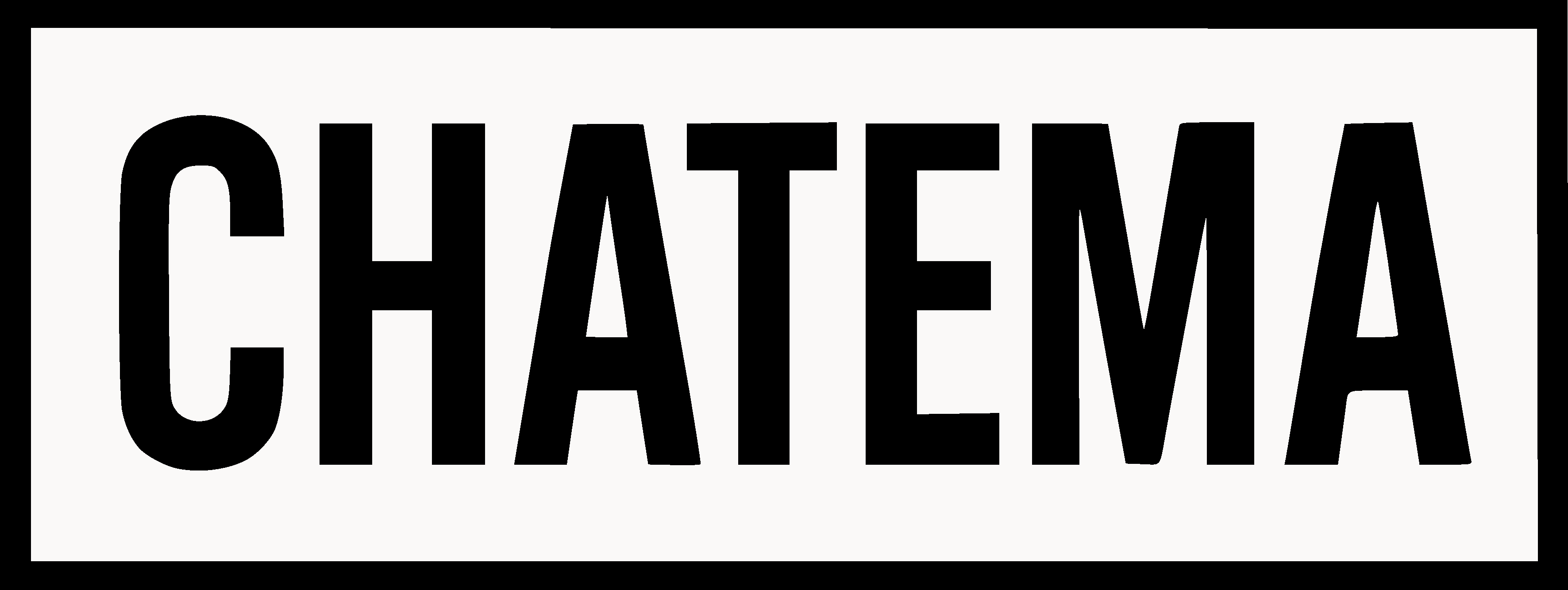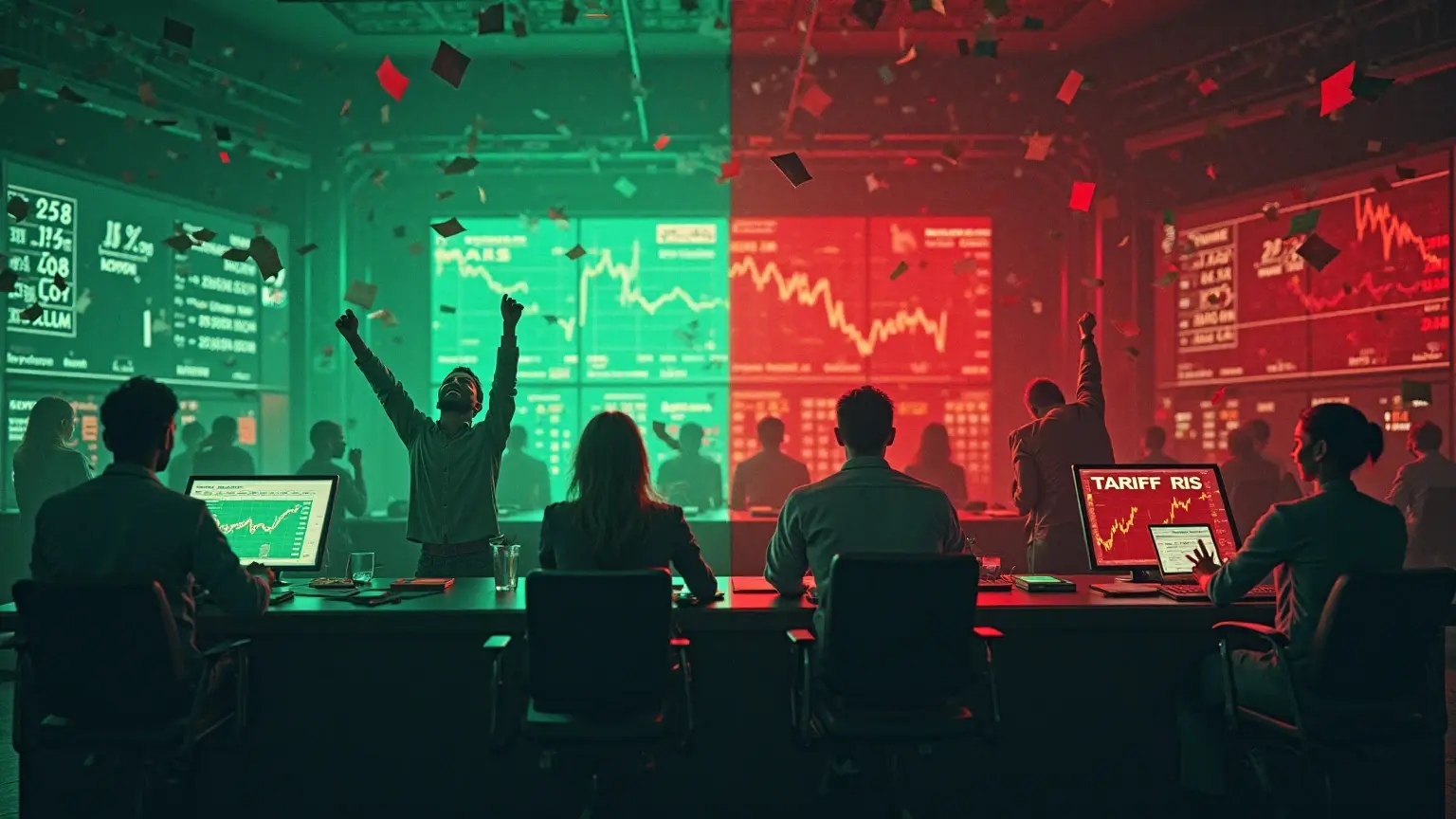Even as global stock indices reach historic highs, investor anxiety is creeping back in. Nearly 50% of institutional investors now anticipate that rising tariffs will negatively impact inflation and economic growth.
Wall Street’s Uneasy Rally
Markets have surged in 2025, buoyed by strong earnings and steady central bank policy. But under the surface, sentiment is becoming more cautious. According to a recent Global Investor Pulse survey, 47% of institutional investors believe that escalating trade barriers could reignite inflation and put downward pressure on GDP growth. Sectors most sensitive to trade flows—such as manufacturing, retail, and logistics—have already shown signs of lagging, despite broader index gains.
Trend Analysis
Past cycles show that market rallies during tariff escalations often precede corrections. Investors are increasingly using macro hedging to prepare for abrupt downside moves.
Tariffs: A Renewed Threat to Stability
Trade tensions, particularly between the U.S. and emerging markets, have resurfaced. New tariff rounds on semiconductors, green tech, and agricultural goods are now in effect or under negotiation. Investors are weighing these moves against recent monetary easing, unsure if rate cuts can offset external shocks. The uncertainty is leading some funds to rebalance toward defensive assets, such as commodities and inflation-linked bonds, while others are hedging with volatility derivatives in case of a market correction.
Spoiler
If Q3 inflation prints run hot, expect an uptick in volatility—and a possible pause in equity market momentum.
Conclusion
Record highs may dominate headlines, but behind the numbers lies a market wrestling with geopolitical risk and fragile investor confidence. Tariffs remain a key variable to watch.
Frequently Asked Questions
- Why are investors worried despite strong markets?
- They fear that new tariffs could increase costs and inflation, which would eventually hurt growth and undermine current valuations.
- How are investors responding to tariff concerns?
- Some are shifting toward safer assets like inflation-linked bonds, while others are using volatility hedges to brace for downturns.





Expert Comment